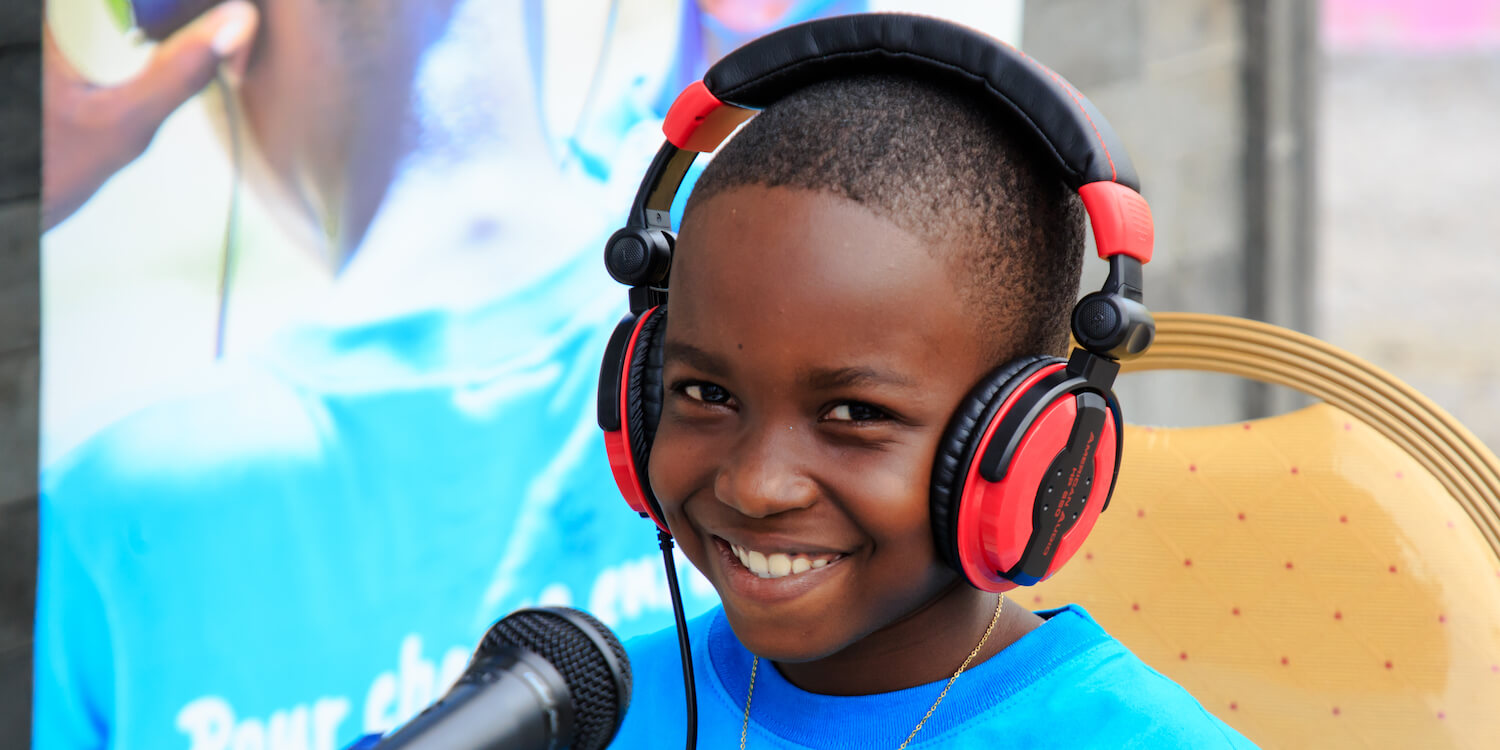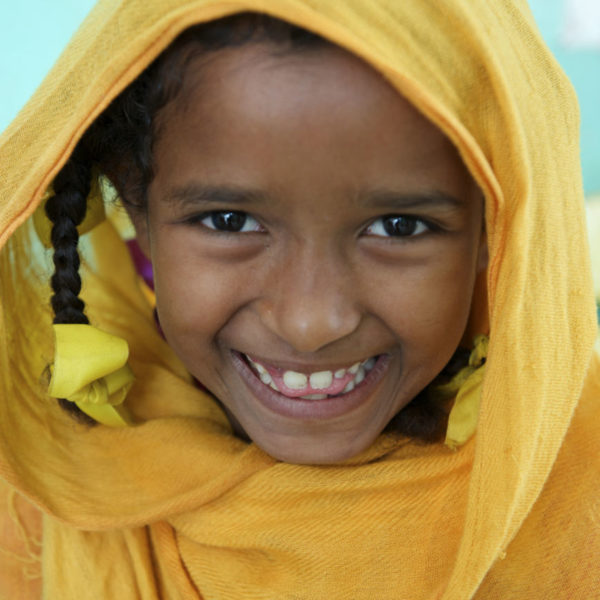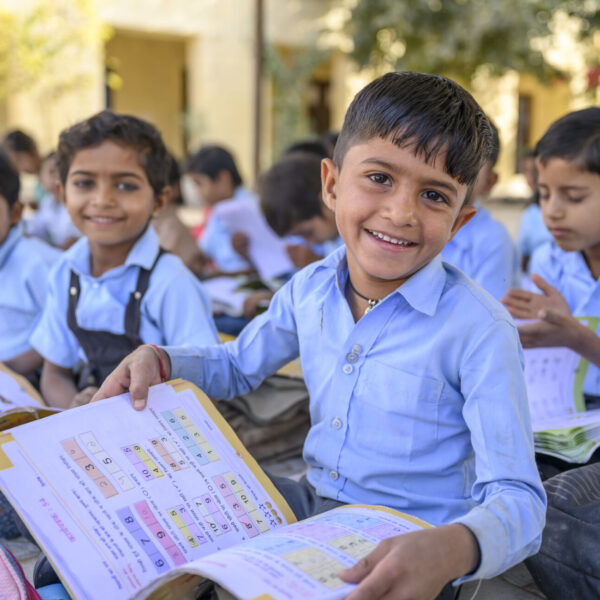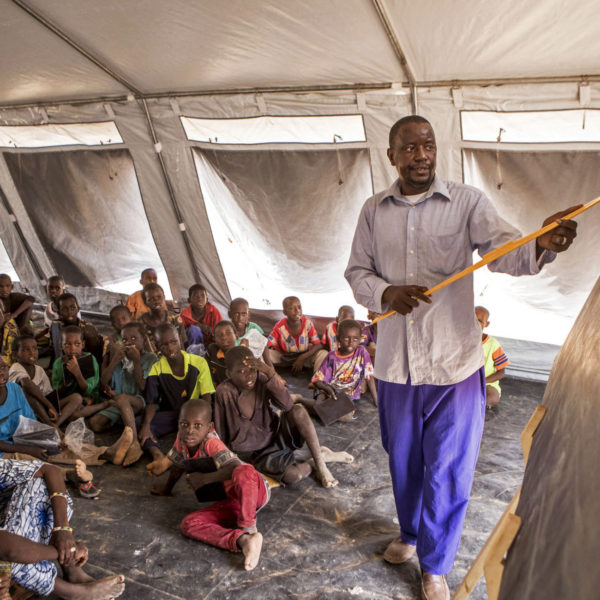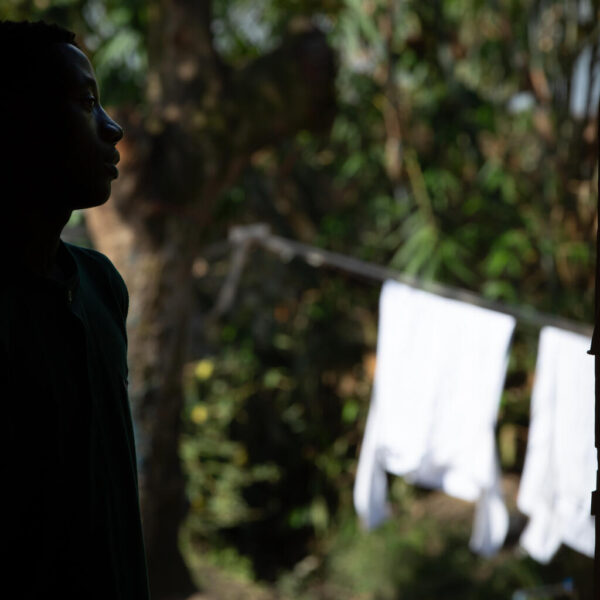Why we’re working together
There are 1.8 billion young people in the world today. Children and adolescents under 18 account for one in three internet users around the world, and youth aged 15—24 are the world’s most digitally connected age group. BT and Unicef are working together in partnership to deliver digital skills to children and young people to help them succeed in the 21st century workplace and beyond.
Online access and digital technologies can deliver huge opportunities for young people, providing them with training, job-matching services and new kinds of employment. But, in an increasingly digital world, youth are also exposed to new challenges, such as cyber-bullying and greater inequalities for those who are not digitally literate.
As part of BT’s Skills For Tomorrow initiative, our partnership aims to help young people develop the skills they need to become active participants in their communities and the workforce of the future.
Together, over the next two years, we are helping to deliver digital skills education programmes designed to harness young people’s potential. We aim to empower young people to seize the positive opportunities offered by the digital world in a safe and responsible manner, enabling them to learn new skills and maximise the benefits of digital technologies to their lives and their futures.
Become a corporate partner
What we’re doing
Brazil – Digital Skills for Adolescents
A lack of opportunities to gain digital skills and an absence of adolescent-friendly spaces are key challenges for Brazilian youth.
Together, BT and Unicef will produce digital educational content, deliver digital skills training, and support adolescents and young people to design and implement their own social innovation projects based on the use of technology. We will establish an innovation centre in São Paulo with the participation of young people who live in the most vulnerable communities of the most populous city in Latin America.
South Africa – TechnoKidzz
Through the new TechnoKidzz programme, Unicef aims to improve the quality and relevance of children’s education at schools in South Africa by bringing interactive digital learning into the classroom through robotics. The scoping, concept development and design for this new initiative will be done in collaboration with South Africa’s Department of Basic Education, building on their previous efforts and commitment to build coding skills at primary level.
The Learning Passport
Across the world, 1.5 billion students have had their education disrupted due to coronavirus. Now more than ever, it’s vital that children have access to an education to ensure they can gain the skills they need to thrive. BT are supporting The Learning Passport, which has been created in collaboration between Unicef and Microsoft. The Learning Passport, which provides access to a range of learning materials to students and key resources for teachers and educators, has been scaled up during the coronavirus pandemic to help schoolchildren continue their education at home whilst schools and learning centres around the world are closed.


